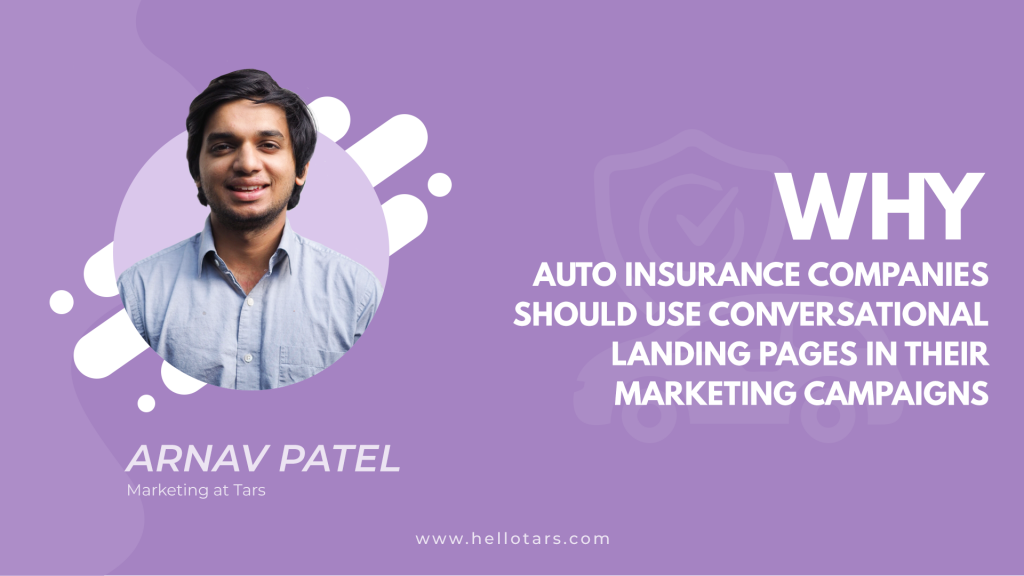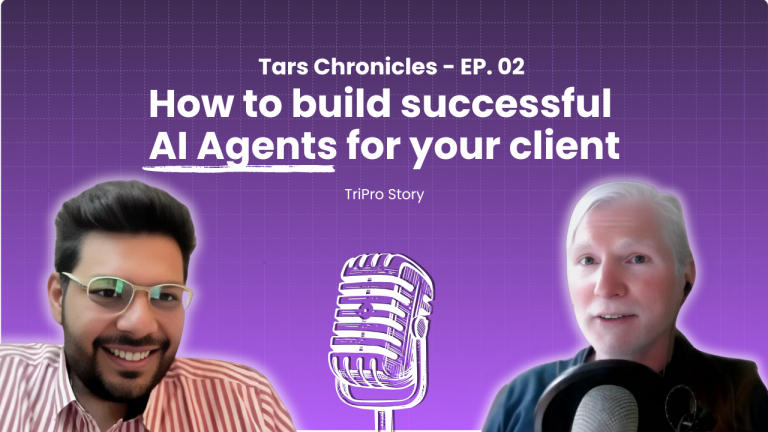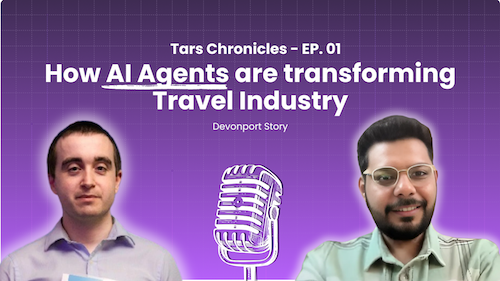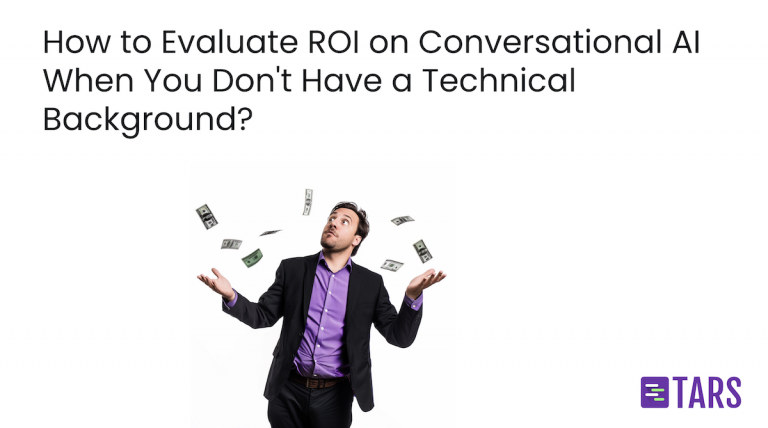Why Auto Insurance providers need to use a Conversational Landing Page in their marketing campaigns

In 2019, insurance is not optional. Whether it’s your car, house, health or even in some cases your life, insurance has become an absolute necessity to be a functioning member of society. Given its importance, the application process for insurance can be an highly-stressful and grueling process for most people. Whether it is rational or not, I have found that the average insurance applicant feels a sense of intimidation when confronted with the gargantuan pile of forms that they have to fill out to get a quote. It’s a similar sense of fear that most people feel when they have to file taxes. You know you have to do it, but for some reason, you feel scared. From the insurance company’s perspective, the end result of this high friction process is inefficiency and wasted money. As the importance of digital ads in insurance marketing has grown, insurance companies have found it increasingly difficult to convert prospects after they click on an ad. Invariably, the people who click on ads do what human beings do best. They procrastinate and close out of landing pages before they complete a quotation. Even if those same prospects return to that same ad landing page at a later date to complete the process, the insurance provider has essentially paid twice for one lead. Within this context, conversational landing pages can provide a guided buyer experience that can reduce the trepidation of prospects and convert them into leads at rates that are 2-3x higher than the average insurance lead generation form. Here’s the full story.
Check the full guide here:
https://www.hellotars.com/blog/conversational-landing-page-auto-insurance/
The Problem
The primary issue with insurance landing pages today is that they are impersonal.
When prospects land on them, they are expected to read through the information on their own, navigate the webpage on their own, and worst of all, fill out the forms on their own. Essentially, the modern insurance landing page is a glorified brochure that companies drop into the laps of people when they click on an ad. This is a problem because human beings aren’t geared towards this way of information consumption. Other than the obvious concerns about attention spans being short (which we have discussed ad nauseum), the impersonality of the digital buying process coupled with the importance of the product being bought creates a sense of fear in prospects. In my limited time observing the way people buy insurance, I have found that Fears like “what I make a mistake?” or “what if my premiums go up?” or even the borderline illegal ones like “should I report that accident?” race through the minds of prospects as they fill out insurance forms and invariably cause people to drop.
The traditional solution to this problem has been adding call-based lead generation as a personal alternative to the form and while such an approach does boost conversion rate it is far from perfect. From the company’s standpoint, running a 24/7 call center is expensive. For users, long wait times, and cumbersome IVRS menus diminish user experience and deliver the same impersonality that forms do. To make matters even worse, click to call visitors from Google just cost more than regular landing page visitors.
The Solution
Conversational Landing Pages sit in between forms and calls on the lead generation spectrum
They certainly aren’t as personal as real human conversations because AI isn’t quite ready for it yet, but they are capable enough to capture and qualify leads in a way that feels considerably more personal than a form and the fact that they are automated means that they don’t have the same cost issues as traditional call based lead capture.
In our experience, this ideal marriage of the personality of conversations and the automation of forms yields a 2-3x increase in conversion rate relative to forms at a price point that is considerably less than that of a click-to-call approach. In a sense, it is the best of both worlds.
Arnav is the Director of Content Marketing at Tars. He spends most days building bots, writing about conversational design and scrolling through Giphy’s trending section looking for the gifs that go into the Tars Newsletter.
Recommended Reading: Check Out Our Favorite Blog Posts!

From Cold Leads to Conversions: How AI Agents Are Redefining Digital Marketing

Transforming Website Engagement: Building “Mersey” – AI Agent for a Travel Portal

How to Evaluate ROI on Conversational AI When You Don’t Have a Technical Background?

Our journey in a few numbers
With Tars you can build Conversational AI Agents that truly understand your needs and create intelligent conversations.
years in the conversational AI space
global brands have worked with us
customer conversations automated
countries with deployed AI Agents




